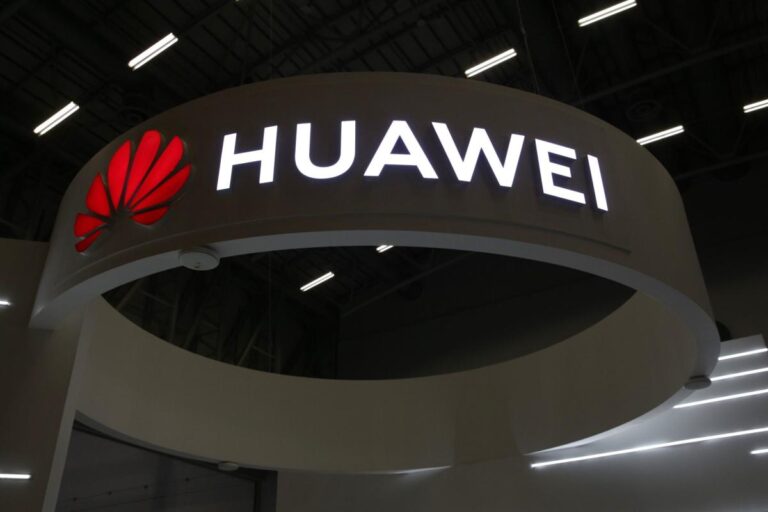(Bloomberg) — An investigation into Huawei Technologies Co.’s latest AI offering uncovered an advanced processor made by Nvidia Corp.’s manufacturing partner Taiwan Semiconductor Manufacturing Co., suggesting China still struggles to reliably manufacture its own advanced chips in sufficient time. quantities.
Most read on Bloomberg
Canadian research firm TechInsights recently took apart at least one of the Shenzhen conglomerate’s most high-end artificial intelligence accelerators and discovered an Ascend 910B chip made by TSMC, according to people familiar with the recent teardown of the devices. They requested anonymity to discuss a report that is not public.
Huawei has been on a US sanctions list since August 2020, meaning the company is barred from doing business with TSMC and its peer contract chipmakers without a license from the US government. Over the past year, Huawei has relied on local partner Semiconductor Manufacturing International Corp. for production, notably a 7 nanometer chip launched last August in a Huawei smartphone.
U.S. officials have repeatedly questioned SMIC’s ability to manufacture 7nm chips at scale and questioned the performance of those components. Huawei’s use of TSMC output for its latest AI chips could be a sign that reinforces this narrative. It is still unclear how and when Huawei obtained the TSMC chips. The Taiwanese chipmaker said it stopped all shipments to Huawei after September 15, 2020, which the company reiterated when asked about the TechInsights report.
“TSMC is a law-abiding company and we are committed to complying with all applicable rules and regulations, including applicable export controls. In accordance with regulatory requirements, TSMC has not supplied to Huawei since mid-September 2020,” the company said in an emailed statement. “We proactively communicated with the U.S. Department of Commerce about this in the report. We don’t know if TSMC is under investigation at this time.
In its own statement, Huawei said it had “not produced any chips through TSMC following the implementation of the US Department of Commerce’s changes to its FDPR that target Huawei in 2020”, a reference to the rule of foreign direct products – a US trade restrictions. “Huawei never released the 910B chip,” the company said.
TechInsights declined to comment. A Commerce Department spokesperson said the agency’s Office of Industry and Security, which is responsible for semiconductor trade restrictions, was “aware of reports of potential violations of controls.” American exports.

